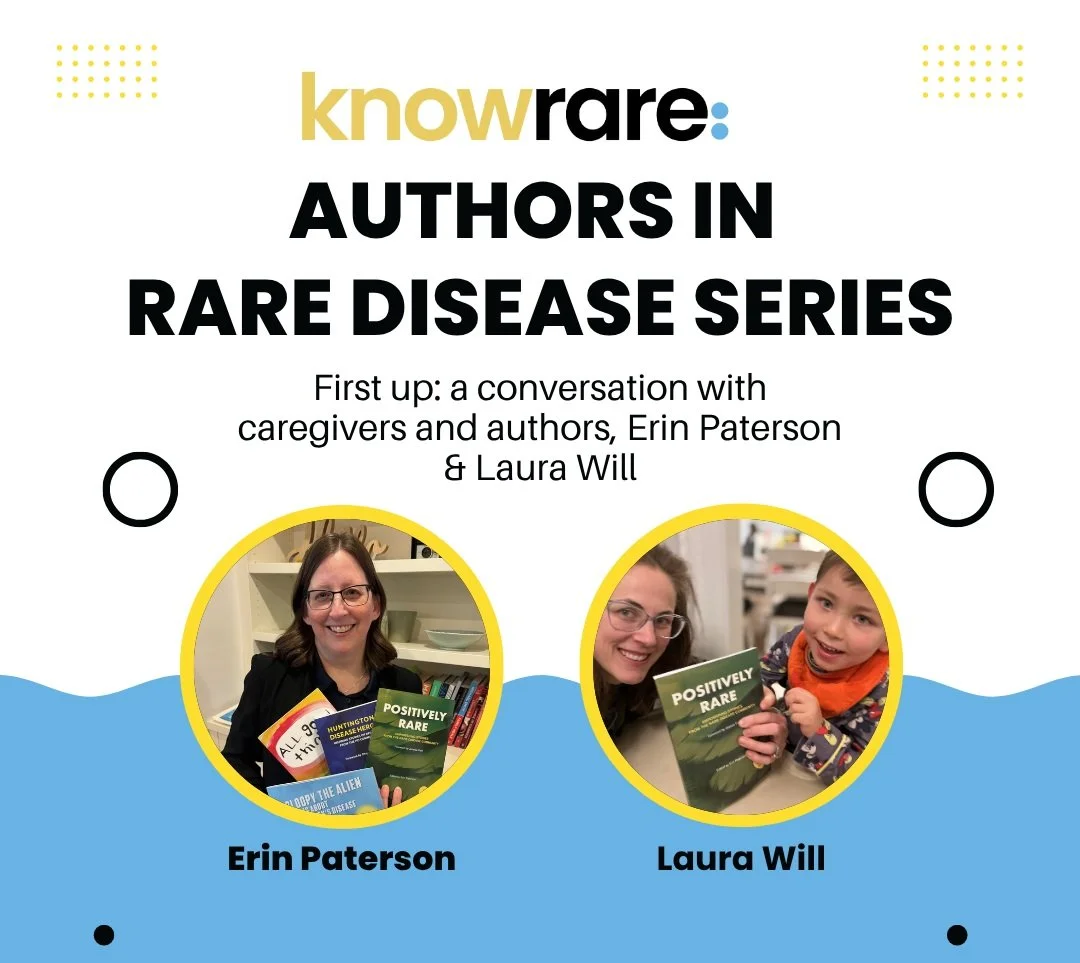5 Things to Pack in your Emotional Toolkit
Living with or loving someone with a rare disease comes with many ups and downs. Taking care of your emotional or mental health may not always be a priority.
We are providing five things you should have in your emotional toolkit – a sort of figurative first aid kit. But instead of band-aids and ice packs at the ready to treat an injury, your emotional toolkit may have a few proven ways you can soothe your emotional health.
Let’s begin by acknowledging that an emotional toolkit is to help you with minor emotional bumps and scrapes. If you’re concerned about any mental health symptoms, be sure to speak with your doctor. You can also find some mental health resources by visiting NAMI’s website, the National Alliance on Mental Illness.
Build your village
‘No man is an island,’ a famous poet once said. Having a village of your people (or person) you can call when you need a boost is important to your emotional health. It can feel isolating at times when you live with a rare disease, so it’s important to develop social connections when and where you can. If you don’t have a loved one or family member you easily connect with, seek to foster relationships with people in your community, through faith-based activities, or with a like-minded group, such as a book club. Even having a texting buddy can help you feel connected when in-person meetups aren’t possible.
2. Be kind to yourself
As important as building a village is, it’s perhaps more important to be kind to yourself. Negative self-talk can become really convincing over time and can leave you feeling anxious, stressed, or exhausted. Fortunately, self-compassion, or treating yourself with kindness and empathy, is a skill you can learn.
One way to practice self-compassion is through daily journaling. You don’t need to write an essay each day; just focus on one simple prompt to help you build compassionate thoughts. Prompts like, “One small victory I’m proud of today is……..,” or “I’m thankful that I …………..,” can help you practice positive self-dialogue. For more information on the meaning of self-compassion and its many benefits, check out this wonderful article written by Laura Will, a member of the Know Rare Team.
3. Revisit to healthy habits
Good nutrition and regular exercise are the building blocks for good health, including mental health. The reverse is also true – when we’re stressed out and not taking care of our overall health, it can quickly amplify negative emotions. If living with a rare disease (or caring for someone who does) has you cutting corners with your health, try and do one small thing at a time. Maybe it’s walking around your home for 10 minutes a day or replacing one unhealthy snack each day with a healthy one. Start small and see what little changes you can make that can add up over time.
4. Have a go-to stressbuster or mood improver
What’s the one thing you love to do and know it’s a proven mood improver? It could be your walking sneakers, gardening gloves, a favorite recipe, listening to a podcast, or reading a book. When times are good, invest time into one thing you love to do that immediately helps your mood. That way, when the chips are down, you have something you can do to make yourself feel better. Just be mindful that social media scrolling may feel rewarding, but it’s been shown to increase negative feelings over time.
5. Pay it forward
It can be hard to focus on helping someone else when living with a rare disease can leave you feeling exhausted or overwhelmed. But doing good for others can really do good for you. And, you don’t have to donate hours of time to reap benefits from paying it forward – small acts of doing good for others can leave you feeling good as well. Here are 4 easy ways to pay it forward and improve your mood.
Send personal notes to military personnel overseas or seniors in respite homes. It doesn’t take long and it’s something you can do with a spare minute or two – but you know you’re helping someone feel more connected.
Volunteer with a foundation or nonprofit that helped you navigate living with a rare disease – you can be a mentor or friendly voice for someone who’s newly diagnosed.
Share your story of living with a rare disease. It can benefit others to learn from your personal experiences and challenges.
Participate in research and clinical trials. The learnings that come from a research study can be beneficial to you and to others living with a rare disease. If you are interested in finding clinical trials that may be appropriate for you, you can contact the Know Rare support team here.































